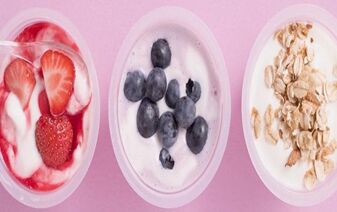喝益生菌就对肠胃好?喝错了成毒药
|
Probiotics are sold to us as 'good' bacteria that help balance out 'bad' varieties of microbes camping out in our gut. But a new experiment on mice has shown how our microbial allies can evolve into traitorous backstabbers that risk causing damage to our guts. "If we're going to use living things as medicines, we need to recognise that they're going to adapt, and that means that what you put in your body is not necessarily what's going to be there even a couple hours later," says pathologist and biomedical engineer Gautam Dantas.
"There is no microbe out there that is immune to evolution." Dantas led a team of researchers from the University of Washington who evaluated a bacterium marketed to help combat diarrhoea: EcN. To evaluate the potential of EcN's evolution after it's swallowed, the research team used mice specially bred to be completely germ free. The test subjects were divided into four groups, each with a distinct gut microbiome. One was left completely sterile; the other three were given microbiomes reflecting various healthy and unhealthy states. Each group was dosed with EcN and then fed one of the following options - boring old lab mouse chow, a more natural mouse-friendly diet, a Westernised diet high in fats and sugars, and a Westernised diet that had some fibre added. Five weeks later, the mice had their guts examined. Those happy little E. coli? It turns out they weren't all quite as friendly as they had been on their way in, especially in guts that had to deal with less than healthy diets. Inside mouse guts filled with westernised foods, EcN had accumulated mutations that helped them cope with stress and make use of all of those carbohydrates to hang around longer than intended. |









